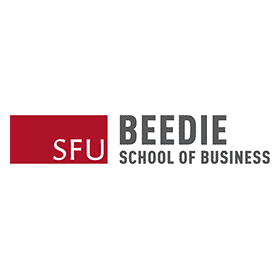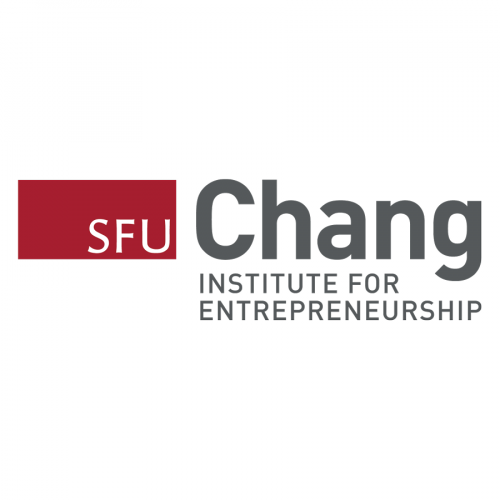I’ve shed many tears in the duration of the RADIUS Fellowship.
I love crying. And there has been an endless number of justifiable things to cry about, especially considering the many things to mourn over in the world. In the Fellowship, I’ve also been fortunate to have the vast divide between who I am professionally and who I am personally form a strong bridge to connect over the last four months. The emphasis on self-inquiry ran strong, with frequent requests for reflections and share-backs, and many reminders to take care of ourselves along the way. Each consideration of my interaction with the other Fellows, individually or group, became largely and sensitively intensified. I’ve realized those interactions were the beginnings of the bridge that allowed me to connect to what I mourn over out there in the world, in the realm where the personal becomes political.
That bridge carried a flood of emotions, clear waters of understanding and the rush of many aspects of my past charging towards me, telling me I’m ready to process them. You bet trauma came to the party, too.
In one of our sessions, Vanessa Richards shared a poem that incited one of the larger moments of emotional flooding and clarity for me:
ENTER A ROOM
for Maya Angelou
By Emilio Rojas
Enter a room,
leave the door open
for everyone who ever loved you
to walk in behind you,
you are never alone,
an army of one ready for
battle and rebirth,
summon all the words of kindness
ever spoken to you,
by all the tongues of your ancestors.
Remember the dead
can still walk through doors,
even walls and stand behind you,
let your ghosts
trespass and translate.
Enter a room,
prop the door open
for everyone who comes after you
(without keys)
better yet,
unhinge the door,
take it down, leave a portal,
set the door on the floor as a reminder,
a welcoming mat engraved with the words
NEVER TAKE ACCESS FOR GRANTED.
Yeah, I needed that. I don’t know my ancestors well. My understanding of my lineage from the Philippines doesn’t go far past my grandparents. So to know that I can still connect to my ancestors without seeing them, without hearing their words, their stories in person, despite the centuries of Portuguese, Spanish, Japanese, and American occupation (if not more that I’m missing?), was the permission I needed to feel safe in making contact with them. The permission to encounter my ancestors beyond here, right here. Me in my one bedroom apartment that I was quarantined in during the early stages of COVID.
The air inside was dry and ripe with morbid loneliness, yet each word Vanessa spoke cut through that to create an airflow of ancestral openings, a dynamic movement that I had yet to learn to swim in.
Vanessa continued on to guide us through a variety of queues. Movements to make, suggestions of what to feel. Reaching. Opening. Grounding. Music was playing. Soon, the rest of the Fellows and I were each moving in our own quarantined bodies, flowing with the air in our own way. I closed my eyes when seeing with them became old news. What could I possibly need to see when the feelings brushing along my skin became my knowing.
Of the themes we covered in the Fellowship, our ancestral ties came up often, inspiring an act that is necessary for all settlers along their decolonization journey. Reconciliation? Not a benchmark I’ve reached, but at least I’ve begun to unlearn my avoidance to recognize and reconcile my past.
Considering this with the underlying theme of vocation throughout the Fellowship, I’ve been allowed to reexamine myself with a large heap of personal and emotional churning. It was the shift I needed to look at my professional life in a new lens, a chance to heal from many horror stories of work experiences. Career paths that no longer mattered, milestones and projects I no longer needed to do, people I don’t care to prove myself to anymore. It became more about being out in the world, contributing meaningfully with who I am, instead of what pre-existing conditions of systemic oppression says I’m supposed to be. This is one of the many inspirations during the Fellowship that is encouraging me to do what I’m going to do next in my career, which isn’t anything I’ve ever done before yet uses all of the knowledge I have. To inspire knowledge that we can all share together. I want my experience with media to help us understand ourselves better.
So with more bridges to be built, there will be more emotional floods to be had. But measuring how much our society needs to flood emotionally is futile. Our collective intuitions have different answers waiting for every single one of us.
And I’m so excited for yours.
Now, a final note to express humble gratitude and acknowledgement that my experience in the Fellowship had occurred entirely on the unceded, traditional and ancestral land of the səl̓ilwətaɁɬ təməxʷ (Tsleil-Waututh), Skwxwú7mesh-ulh Temíx̱w (Squamish), xʷməθkʷəy̓əm (Musqeum). I am a settler on their land and, in being so, am complicit in the ongoing colonization of their land. I’ve more work to do on confronting that in myself.




